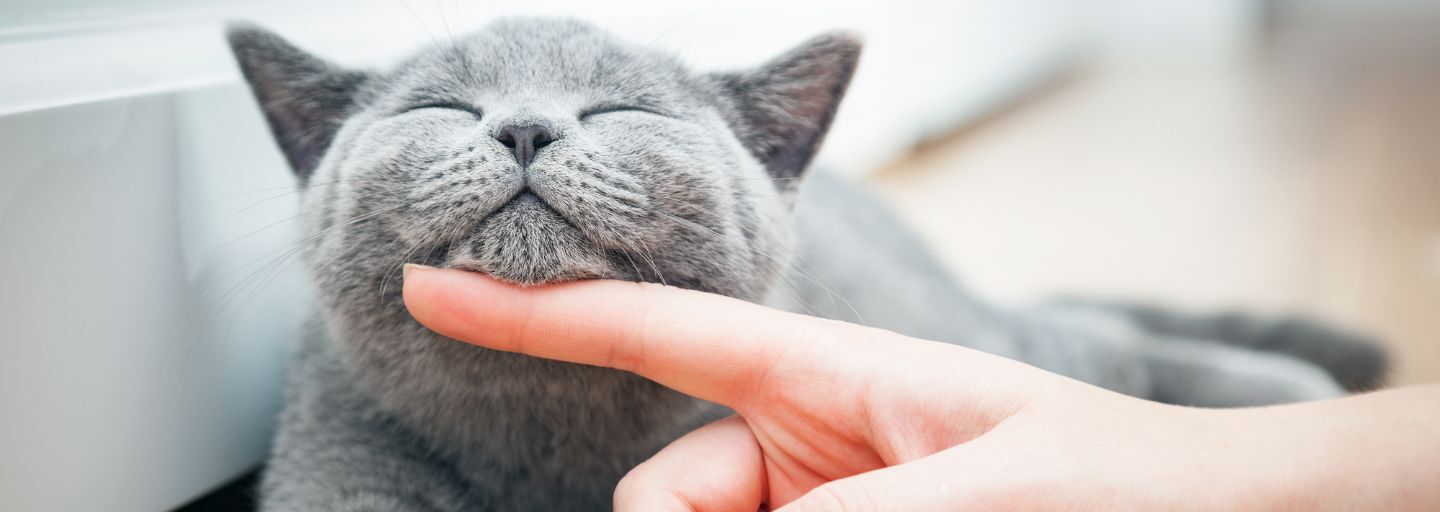When guests appear, does your cat disappear?
While most cats are pretty laid-back creatures, true masters of their domain (at least in their eyes), and even ignore guests in their home, there are a few cats who stress as soon as the doorbell rings. Inviting guests to your home for coffee, dinner, or a weekend visit is a fear-filled nightmare for these scared cats.
Your feline friend may be anxious around visitors if he or she:
- Hides under the bed, only appearing when guests have gone away
- Leaves home or hides in your backyard when guests come to stay
- Sleeps a lot more of the day than is typical
- Reacts aggressively to a friendly advance from your guests
- Begins to toilet inappropriately around your home or on your guest's belongings
Creating a calm cat:
If your cat is still young, then it is important to introduce him or her to a variety of people and make these introductions as pleasant an experience as possible. Have your guests feed your cat a tasty treat or play with a toy; this will usually encourage your kitten to accept people. Encourage your cat to stay around your home when visitors are around but enable him to get away from annoying children or over-devoted cat lovers by giving him shelves and window sills to retreat to.
De-stressing your feline friend:
If you have a scaredy cat, here are a few tips to help him become more of a friendly feline:
- Keep your cat in the same room as your guest, giving him a box or a high shelf to retreat to. Here he can see, hear, and smell your visitor, learning their behavior, without having to interact.
- Plan a list of guests for your home. Start with quieter ones or those types that your cat is more likely to accept. For example, some cats prefer men but may be scared of children. Gradually build up to the ones your cat fears most. If he reacts badly to a person, then you have gone too fast.
- Have lavender around your home as this may help animals relax. Rescue remedy can also help, as can veterinary medication in severe cases.
- If your cat tends to urinate on your guest’s belongings, make sure you keep them away from your cat. If this is a common reaction to stress, then you may need to work on your cat’s toileting issues as a separate problem. (See Dr. Jo's 'Cat Toileting Problem Solved' booklet).
Case Study – “Smokey”:
Smokey was a 9-year-old tabby cat who had lived alone with an elderly lady until she passed away. He had then come to live with a noisy family, which he loved but could not accept when guests came to visit. Instead of hiding under their bed, his family gave Smokey a bed (an upturned cardboard box) in the corner of the room where a quiet guest was present. The guest was instructed to ignore Smokey (no touching and no eye contact*) but his owner occasionally gave him a cat treat. Over the course of the visit, the guest was able to quietly approach Smokey and feed him a treat.
*Eye contact can have an effect on a cat's emotions as it can be perceived as a threat to many animals, especially those who do not know you







